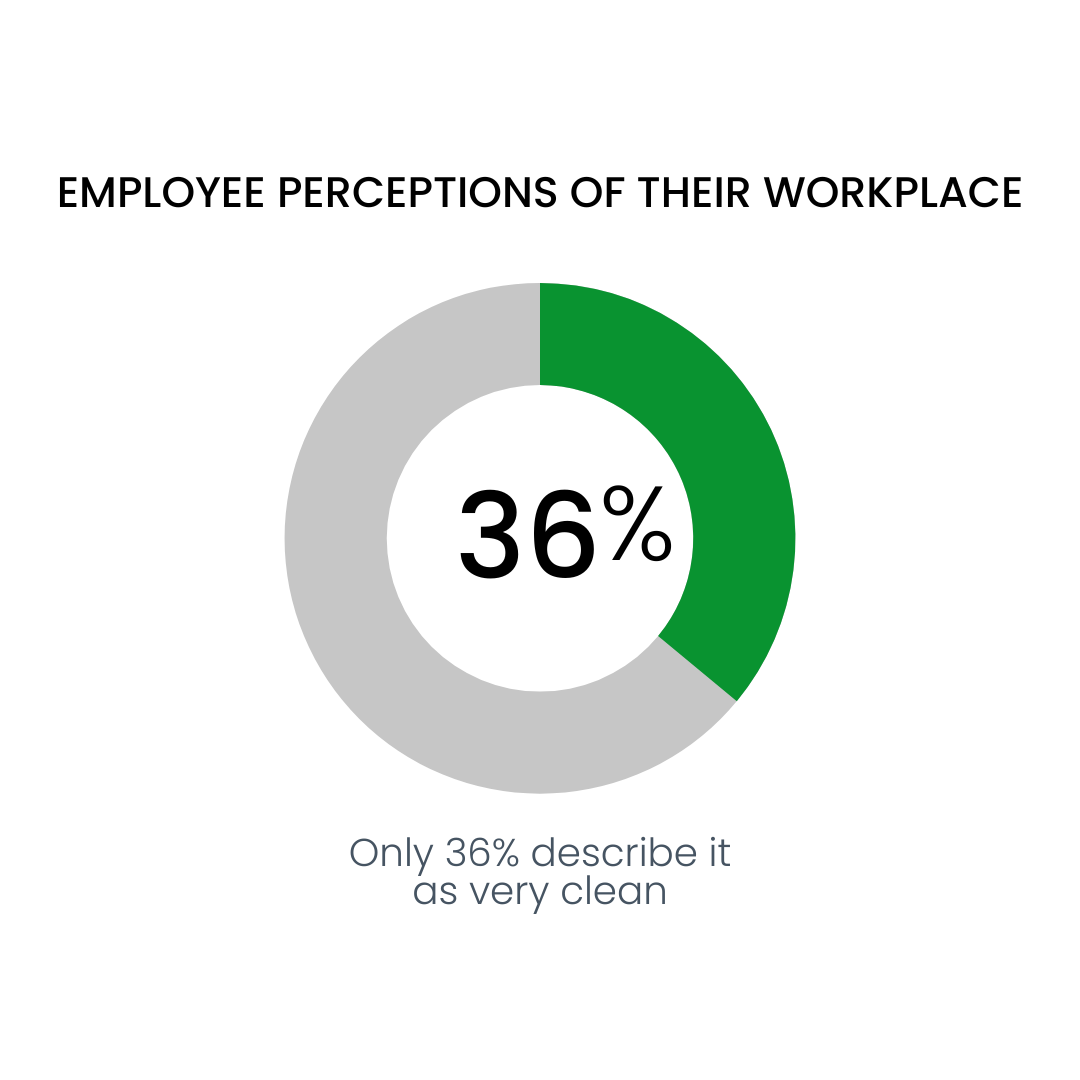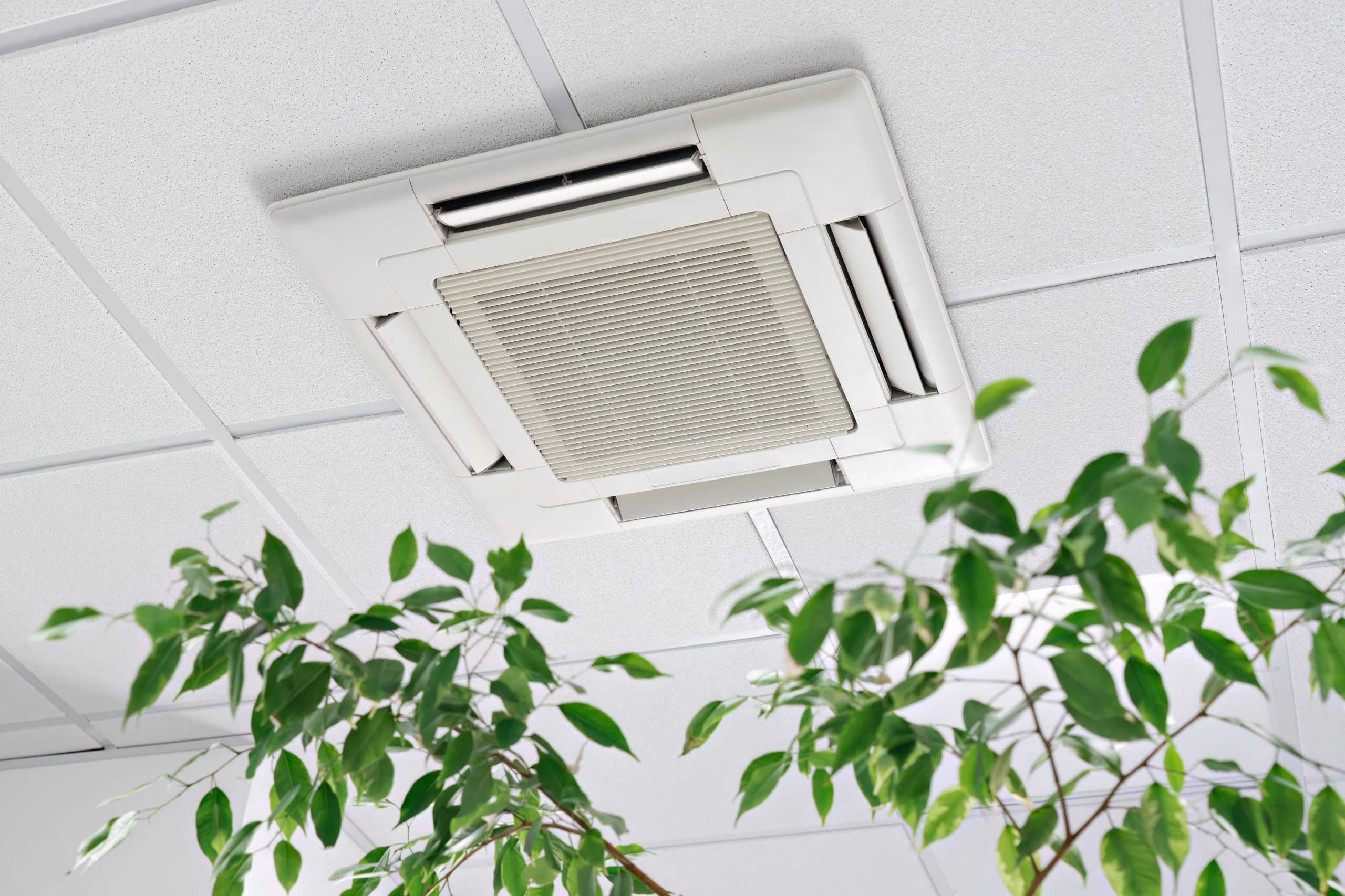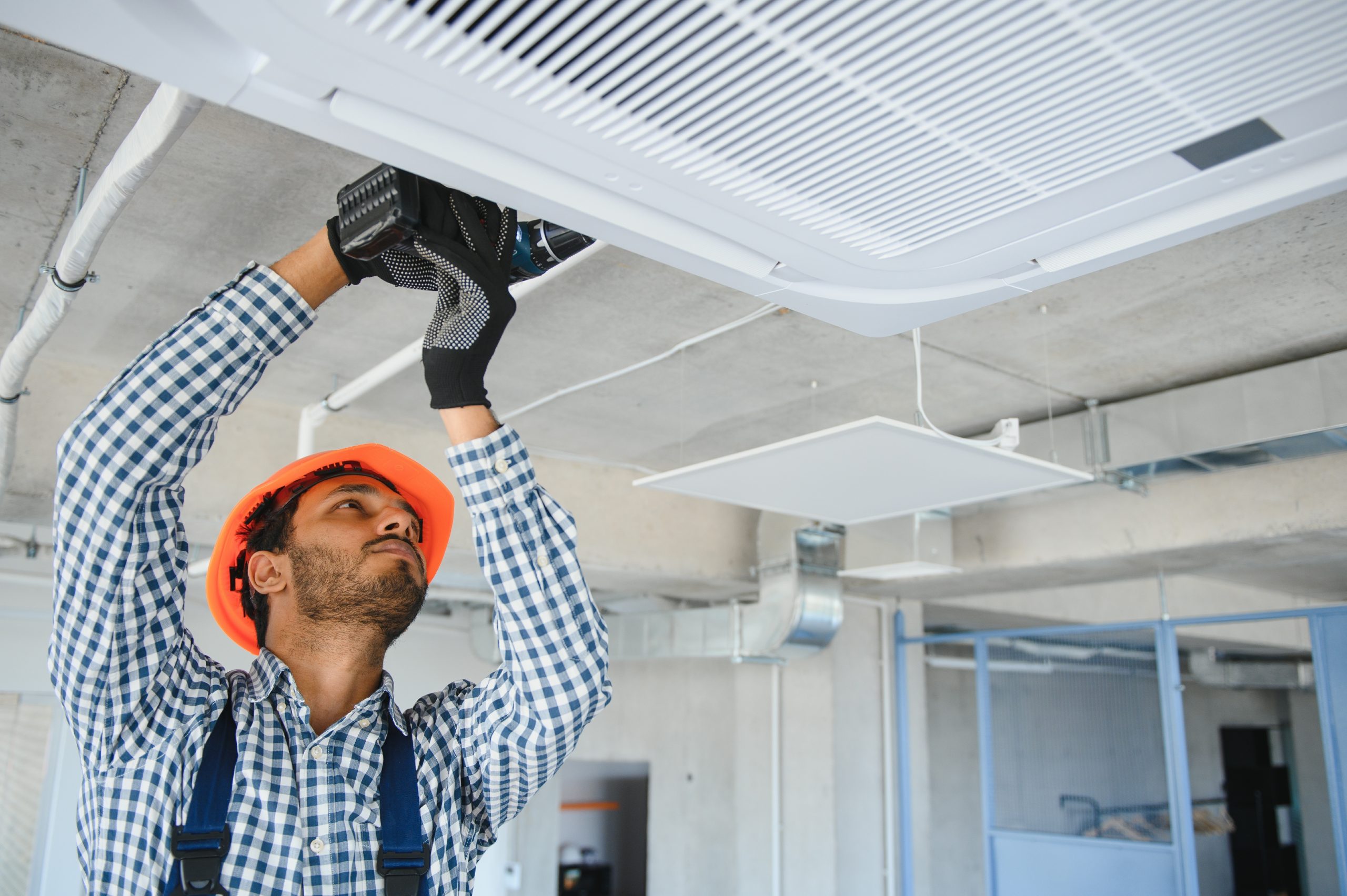Impact of Indoor Air Quality in the Workplace
Importance of Indoor Air in the Workplace
“Notably, 91% of respondents believe that clean indoor air positively impacts their performance, and 88% think it should be a fundamental right for all employees.”
Recent survey results on U.S. and Canadian workplace wellness was released on September 7th, the International Day of Clean Air.
Conducting a survey among 1,120 American workers, employees who spend at least one full day a week working indoors on-site, this study provides insights into the significant concern of indoor air quality (IAQ) within the workplace.
Key Findings From this Survey:
These findings highlight the importance of indoor air quality (IAQ) in the workplace.
- 40% of respondents don’t think their employer is taking the necessary steps to achieve clean indoor air
- Only 36% called their workplace air “very clean”
- The majority of respondents are concerned about the health consequences of poor IAQ
- Employees think they’ll be more productive with clean indoor air, and they believe it should be a workplace right

This gap shows that employees may not know how to advocate for their right to clean indoor air. With IAQ education, employees can better understand how to advocate for IAQ strategies to be implemented in the workplace. Cleaner air is a goal all workplaces can achieve with the right strategies in place.
People Are More Aware of Poor IAQ
Concerns about COVID-19 and its variants remain high among workers, with 73% expressing concerns about contracting the virus due to poor IAQ. Having to work and live around COVID-19 has also brought awareness to the breadth of health consequences associated with poor IAQ.
Additional consequences of poor IAQ, such as allergy symptoms, other viruses, headaches, and fatigue, are also concerning to the majority of respondents. Therefore, businesses investing in IAQ improvements, including air purification, HVAC enhancements, and increased ventilation, will benefit from a healthier workforce all while gaining a competitive edge in attracting top talent.
Taking action to ensure your buildings are meeting the standards for clean indoor air quality is a statement to how much you care for your employees health.
Clean Indoor Air Should be a Fundamental Right
Notably, 91% of respondents believe that clean indoor air positively impacts their performance, and 88% think it should be a fundamental right for all employees. Investing in air purification solutions with True HEPA filters can protect workers from airborne viruses, including COVID-19, bacteria, pollution, allergens, and volatile organic compounds (VOCs).
Moreover, cleaner indoor air is linked to increased cognition and productivity, as per research by the Harvard T.H. Chan School of Public Health. Given that Americans spend approximately 90% of their time indoors, where pollutants can be two-to-five times higher than outdoor concentrations, businesses need to prioritize cleaner indoor air.


“You can’t improve what you don’t measure.”
Peter Drucker
Author, Educator, Management Consultant
The Solution: Improve IAQ with Proper HVAC Strategies
Implementing the right IAQ and HVAC systems is more accessible than ever. With the right systems in place, employees can breathe easy knowing that their workplace is safe guarding against viruses and VOCs, improving their health and productivity, and that their workplace is monitoring IAQ.
The ability to see your indoor air ecosystems is the fastest way to improve the quality of the air that the people inside your buildings breathe. Not only are IAQ and HVAC systems more accessible than ever, but so is the ability to monitor their data in real time. The value of continuously monitoring your IAQ, and always knowing what’s going on in your indoor environment, is worthwhile.



